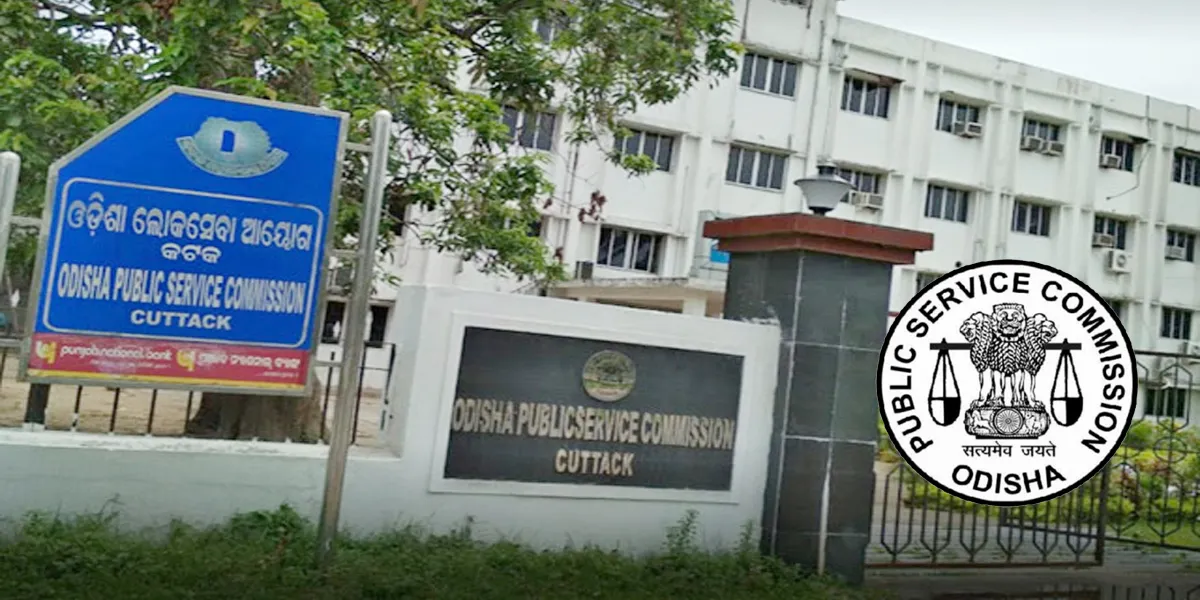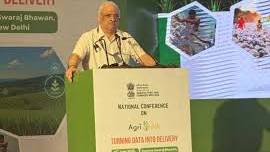

Transformative Vision for Indian Agriculture
Speaking at the conference in New Delhi, Union Agriculture Secretary Devesh Chaturvedi urged states to dynamically link their Farmer Registries with updated land records (Records of Rights) to enable better delivery of schemes and personalized agricultural services. This integration is at the core of the Agri Stack, which aims to provide a unified platform for farmers.
Pramod Kumar Meherda, Additional Secretary (Digital) at the Ministry of Agriculture & Farmers’ Welfare, outlined the key components of the initiative. This includes the integration of a unique Farmer ID with flagship schemes like PM-KISAN, PMFBY (crop insurance), and the Kisan Credit Card (KCC). He also highlighted the importance of georeferencing land parcels and ensuring data quality. Upcoming services under the stack will include farmer authorization systems and Digitally Verifiable Certificates (DVCs), which will empower farmers to securely share their land and crop information as needed.
Key Partnerships and Financial Commitments
A significant milestone at the conference was the signing of Memoranda of Understanding (MoUs) with the states of Maharashtra, Kerala, Bihar, and Odisha. An MoU was also signed with the PSB Alliance to facilitate seamless digital access to credit services for farmers. This collaboration will leverage the Farmer Registry for authentication, aiming to reduce paperwork and benefit small and marginal farmers across the country.
To support this ambitious digital push, a total allocation of ₹6,000 crore under the Special Central Assistance (SCA) scheme was announced.
This funding will be provided to states on a first-come, first-served basis.
Leveraging Technology for Accuracy and Efficiency
Technical sessions at the conference focused on scaling up state-level digital infrastructure and addressing challenges like outdated land records and ensuring compliance with data standards. There was a strong emphasis on using advanced technologies like remote sensing, Artificial Intelligence (AI), and Machine Learning (ML) to improve the accuracy and efficiency of data collection and validation.
The Ministry also showcased its commitment to leveraging AI by demonstrating a chatbot, built using Google Gemini, which is trained on Agri Stack data and can answer farmer queries in multiple languages. This move towards a digitally empowered agricultural sector represents a paradigm shift, aiming to bring greater transparency, efficiency, and targeted support to the backbone of the Indian economy—its farmers.